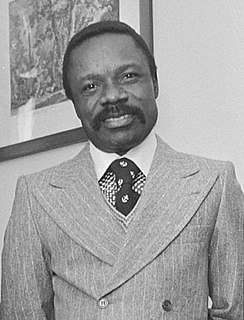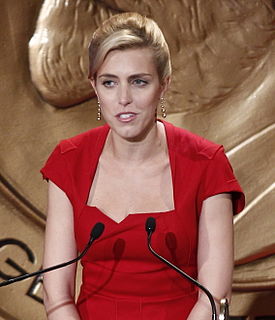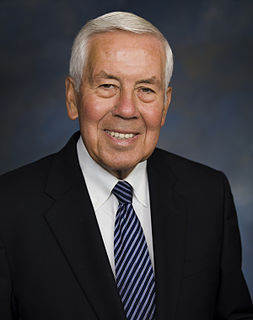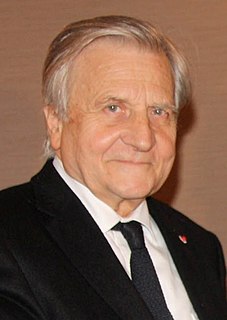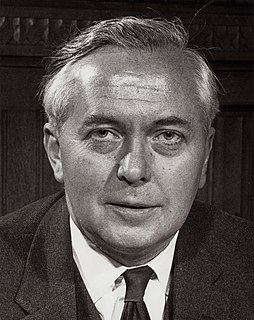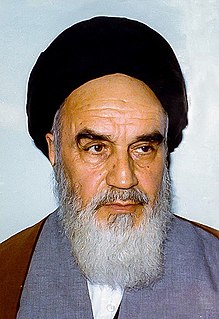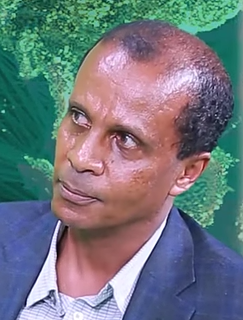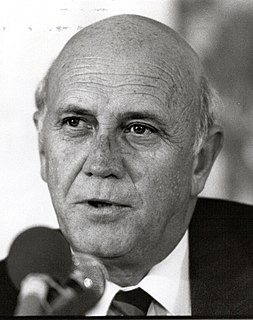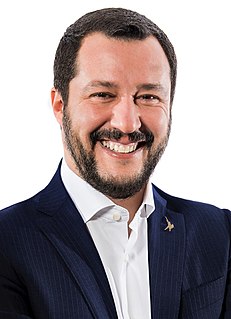Top 1200 Economic Sanctions Quotes & Sayings
Explore popular Economic Sanctions quotes.
Last updated on April 14, 2025.
We should fulfill the Minsk Protocol. The main reason for the sanctions is that Russia broke a taboo: It triggered a war in Europe. Crimea is a problem, but the most painful part of the sanctions is tied to the war in the Donbas. As soon as Russia takes real steps to prevent shots from being fired there, this part of the sanctions will be lifted.
That`s how you end up with a guy like Dan Fried, overseeing the U.S. sanctions against Russia for Russia did in Ukraine and Crimea.Russia hates those sanctions more than they love life. They hate those sanctions. So, of course, you need your toughest and most experienced guy running those sanctions.
Of other countries, to impose economic sanctions, it'd really begin to dry up the enormous amount of money coming into North Korea, a lot of it from China - from Chinese banks - whereas, if we sanction the Chinese banks, there could be friction with China. But this is something we're going to have to face.
I think we have to reflect on a treaty change that would permit more than surveillance,
with recommendations and appropriate sanctions. When recommendations are not followed and sanctions prove ineffective, European institutions should have the capacity to impose the necessary decisions on a particular country.
We need a dialogue with the Iranians, and it is going to take both carrots and sticks. We employed very tough economic sanctions, and they are having an effect. But we also have to give the Iranians an idea of what the economic and cooperative possibilities would be if they did give up their quest for a nuclear weapon.
Everything we've done has been designed to make sure that we address that number one priority. That's what the sanctions regime was all about. That's how we were able to mobilize the international community, including some folks that we are not particularly close to, to abide by these sanctions. That's how these crippling sanctions came about, was because we [USA] were able to gain global consensus that Iran having a nuclear weapon would be a problem for everybody.
The question was never whether the United States, E.U., NATO, Arab League, U.N. Security Council, and African Union could together using economic sanctions, diplomatic pressure, and military attacks to bring Qaddafi down. The question was always how much time, how much blood, and what damage to NATO.
So, I think that for the authorities to say now that calling for sanctions will prevent dialogue is a ploy to stop us from supporting sanctions. It has to be the other way around: dialogue first, then we stop our call for sanctions, because sanctions make people understand that you cannot exercise repression and at the same time expect international support.
I support a very active programme on disarmament and arms control for Iraq, and of course every other country in the world... That does not require economic sanctions...I think we've got to take the risk and give up economic sanctions while hanging on to the disarmament programme and allow the Iraqis to get on with rebuilding their country.
US opposition to Russia and China has entailed sanctions against Russia, and Russia in turn has made counter-sanctions against Europe. So Europe is essentially sacrificing its opportunities for trade and investment in order to remain part of NATO. It is also agreeing to bomb Syria and the Near East, creating a wave of refugees that it doesn't know what to do with.
I think the most important challenge that remains is this mentality in Washington that sanctions have been an asset, and some people want to find even an excuse to keep them or an excuse to reintroduce them. I don't know whether they've looked at the record of how sanctions actually produce exactly the opposite of what they wanted to produce.
As a prisoner of conscience committed to peaceful transition to democracy, I urge Europe to apply economic sanctions against Ethiopia. What short-term pain may result will be compensated by long-term gain. A pledge to re-engage energetically with a democratic Ethiopia would act as a catalyst for reform.
Sanctions did indeed help to bring Iran to the negotiating table. But sanctions did not stop the advance of Iran's nuclear program. Negotiations have done that, and it is in our interest not to deny ourselves the chance to achieve a long-term, comprehensive solution that would deny Iran a nuclear weapon.
Some French politicians have said that the European Union should drop sanctions against Russia so everybody can join together in this fight against the Islamic State. But we're hearing from French officials that [Francois] Hollande hasn't changed his stance. He's - he's still saying that sanctions shouldn't be lifted until the Minsk agreement has been implemented.
Sanctions kept us on our toes, it made us realize that we were drifting into a situation of growing isolation so I wouldn't go as far as to say sanctions didn't play a role but if I were to put on a scale, the issues of conscience played a much greater role than the sanctions. We could have withstood sanctions for many more years. We became experts in circumventing sanctions... So sanctions played a role but it wasn't the major role.
At the U.N., I routinely encounter countries that do not want to impose sanctions or even to enforce those already on the books. The hard-line sanctions skeptics have their own self-interested reasons for opposing sanctions, but they ground their opposition in claims that America uses sanctions to inflict punishment for punishment's sake.
I really am tired of all the Clinton Democrats running around getting all-sanctimonious over Iraq. It was them who killed 1.5 to 2.2 million Iraqis through sanctions. Sanctions that Madeline Albright, their illustrious Secretary of State, when confronted with the fact of 500,000 dead Iraqi children, said it was a price she was willing to pay.
Israel's discourse with the United States on the subject of Iran's nuclear project is more significant, and more fraught, than it is with Europe. The U.S. has made efforts to stiffen sanctions against Iran and to mobilize countries like Russia and China to apply sanctions in exchange for substantial American concessions.
America's sanctions policy is largely consistent and, in a certain sense, admirable. By applying economic restraints, we label the most oppressive and dangerous governments in the world pariahs. We wash our hands of evil, declining to help despots finance their depredations, even at a cost to ourselves of some economic growth.
Ultimately, the goal of sanctions is to ratchet up the economic pressure on the Iranians to such a level that the regime determines it is simply too great to bear, and they are forced to weigh the decision to carry on their nuclear development and their illicit quest for nuclear weapons against the ever-growing pressure from their own people.


